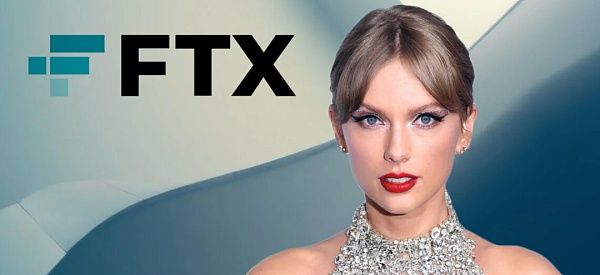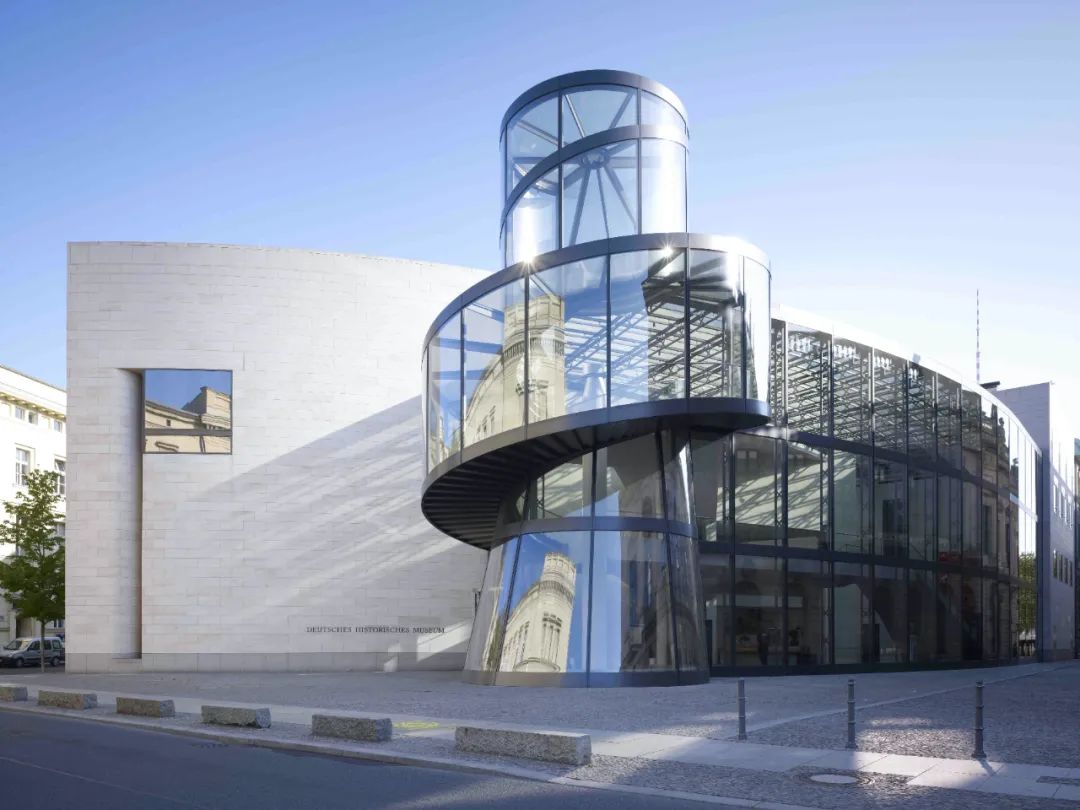Policy Interpretation | Seven key messages about Singapore's virtual banking license
The Singapore government officially announced the launch of a virtual banking license, mainly serving small market segments such as small and medium-sized enterprises that are neglected by traditional financial services.
The so-called virtual banking/digital banking refers to emerging financial institutions that do not conduct banking operations through physical branch locations. This model can cover more customer groups, reduce operating costs, and improve the automation level of financial services.
Recently, the Singapore government officially announced the launch of a virtual banking license, mainly serving small and medium-sized enterprises and other traditional financial services neglected market segments. And what basic information do we need to know about this upcoming licensing mechanism?
1. Singapore's first batch of virtual banking licenses is only 5
- Nestlé joint blockchain platform OpenSC, launching a new blockchain supply chain tracking pilot
- The novice guide is ok, what is better?
- [Chainge] Technical Salon: "Bystack – Future-Oriented Blockchain Business Layered Architecture" Bytom James
Tharman Shanmugaratnam, chairman of the Singapore Monetary Authority (hereinafter referred to as MAS), said that Singapore has only five virtual banking licenses, mainly for Singapore SMEs and other non-retail areas. MAS will use these five licenses as a pilot and continue to investigate whether there is a need to provide more licenses during the advancement process.
2. Virtual banking licenses are divided into two categories.
According to MAS, the first batch of virtual banking licenses are divided into two categories, a full virtual banking license (2) and a digital wholesale banking license (3).
3. The full virtual banking license application headquarters must be located in Singapore
The application for a virtual banking license will begin in August 2019. The MAS requires that the applicant organization must have an operational record of the existing technology or e-commerce business.
In addition, MAS also requires that the applicant's headquarters for a full virtual banking license must be located in Singapore. However, MAS also allows foreign institutions to apply for such licenses, provided that the foreign institution must establish a joint venture with a local institution in Singapore, and the Singapore party is the controlling party of the joint venture.
4. Local banks do not need additional licenses
According to MAS, local banks that have obtained a Singapore banking license can set up a virtual bank directly. In other words, the total number of virtual banks in Singapore may exceed five, except that the newly selected institutions operate under the virtual banking license requirements. However, all virtual banks operating in Singapore are subject to the supervision of the Singapore Internet Banking Regulations introduced in 2000.
5. The complete bank license will be awarded in stages
MAS said that the grant of virtual banking licenses will be carried out in stages.
The first phase is a restrictive license . Authorized banks can only provide simple credit and investment products, but not complex investment products such as structured notes and financial derivatives. MAS will also impose restrictions on deposit ceilings. Although the business is relatively limited, the capital requirements for such licenses are relatively low, about S$15 million.
The second stage is a full virtual banking license . If the relevant agencies can effectively manage the risks and realize their value proposition, MAS will upgrade its virtual banking license from a restricted license to a full license. All deposit ceilings will be lifted, but the minimum capital requirement will also rise to S$1.5 billion.
MAS particularly emphasized that there is no clear time limit requirement for the transition from the first phase to the second phase. Whether the virtual banking business and risk management requirements are met is the decisive criterion for the MAS to decide which license to grant.

6. Destructive business model may not be able to obtain a virtual banking license
MAS points out that all institutions that aim to gain market share through value-damaging competition may not be able to obtain virtual banking licenses. The so-called "value-destructive competition" refers to the replacement of a given industry that already has a lot of value through competition. For example, the emergence and popularity of shared travel has seriously damaged the interests of the taxi industry.
MAS said that the introduction of virtual banking licenses is more about "adding icing on the cake." Singapore's local banks already have a large market share in the local area, and the new licensees need to do to add new value to the existing Singapore financial ecosystem and maintain the balance of the entire system.
7. Potential applicant agencies: Razer, Grab, InstaREM and Singtel
According to the "Business Times" report, there are already many organizations that have expressed concern about Singapore's virtual banking license. These include Singapore's cross-border remittance platform InstaRem, shared travel platform Grab, game accessories company and financial technology founder Razer and Singapore telecom giant Singtel.
Translation / Gao Xu original / FINTECH NEWS
We will continue to update Blocking; if you have any questions or suggestions, please contact us!
Was this article helpful?
93 out of 132 found this helpful
Related articles
- Blockchain enters medical deepwater area: Utopia and reality of medical big data
- BitMEX CEO: Once Libra is released, it will destroy commercial banks and central banks
- Wall Street giants accelerate the deployment of DeFi, the new financial technology revolution is about to start
- Market Analysis: BTC rebounded sharply in the morning, 10,000 knives are still an important psychological barrier
- Depth | Q coins 17 years of history, what is the enlightenment of Facebook currency?
- Encrypted currency and class crossing (2): the chain of traditional elites is confused, or the opportunity of ordinary people
- Bitfinex: Repaid $100 million in cash to Tether






